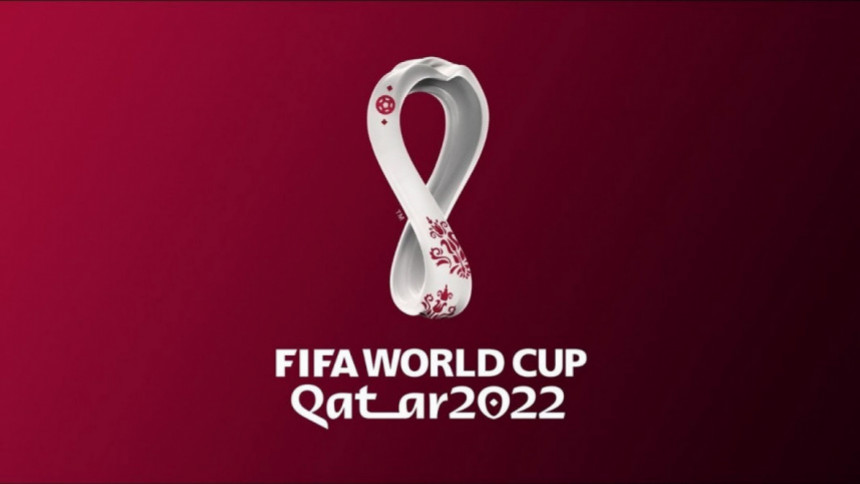The last of its kind?

A football World Cup offers a spectrum of gifts -- superstars lighting up the centre stage, rising stars becoming household names, nerve-wracking encounters between powerhouses, stunning upsets, and so on -- but ultimately the biggest power of the competition is to present glorious moments that possess the power to dilate time to the point it virtually stands still.
Despite the fact that we are yet to savour the quarterfinals action, will it be fair to argue in favour of the ongoing World Cup as being the best ever, or at least the best in recent memory? Well, it is definitely up for debate, but one that might take forever to resolve; and rightly so.
However, a bigger question is whether we see anything of this sort in the near future. The main reason for that question is the possibility that the next World Cups will follow a different format, at least in terms of how the group stages will unravel.
The 2026 edition, to be hosted in the American continent, will be expanded from 32 teams to 48, with tentative plans for 16 groups of three that will see the two top teams progress to the round of 32.
It is a pity that with an odd number of teams per group, it takes away the fascinating chain of thrilling events that is uniquely presented by simultaneous games.
Such moments were in abundance in the third round of the group stage, especially on Thursday as all teams from Group E and F, except Canada, battled it out to keep their World Cup dreams alive.
While high-flying Morocco were beating Canada, misfiring Belgium, ranked No. 2 in the world by FIFA, were presented a glorious shot at redemption on a silver platter in the final quarter of their match against Croatia. However, with an unfit Romelo Lukaku missing a flurry of chances from close range, all hopes faded for the 'golden generation'.
Then came the double dose of dramatic affairs as Japan took on Spain while Germany faced Costa Rica. The Group of Death had generated understandable hype, but none could have predicted the scenario that unfurled in the three-odd minutes after Costa Rica had taken the lead in the 70th minute while Japan had maintained theirs, leaving both Spain and Germany on the brink of elimination. Finally, Germany equalised. They went on to win the game, but could not ultimately celebrate as they were eliminated alongside their opponents on the night.
The night before, in Group C, the odds were stacked heavily against Mexico, who had to beat a spirited Saudi Arabia while banking on Argentina to beat Poland, who were playing for a draw, secure in the knowledge that a small loss would be enough.
But Mexico came out all guns blazing and so did Argentina. At one point, Argentina had doubled their lead in the 67th minute and Mexico had done the same, putting the latter level on goal difference with Poland. That meant a goal for either Mexico or Argentina would have taken Mexico to the last 16. Ultimately, it was not meant to be.
The entertainment of games played in parallel had escalated off the charts, beyond what anybody had signed up for, and the icing on this particular cake was provided by the South Koreans as they pulled off a last-gasp winner against Portugal, knocking out Uruguay who, like the Germans, were left heartbroken despite a win.
Simultaneous games, almost like a perpetual machine yielding exponentially increasing thrill, has perhaps spoiled many fans. They may likely experience symptoms of withdrawal in the next World Cup.
It is worth remembering that FIFA had introduced simultaneous games after what transpired in the 1982 World Cup in Spain, when West Germany and Austria played out the "Disgrace of Gijon", where a 10-minute lead for West Germany was followed by two team apparently making no attempt to score further, knowing that they would advance if the result held. That result left Algeria, who already had played their last group game, distraught.
Now that FIFA seems set to ditch the format to allow a greater number of participants for globalisation's sake, it makes the remaining action of the Qatar World Cup ever more special as the beginning of the end draws near.


 For all latest news, follow The Daily Star's Google News channel.
For all latest news, follow The Daily Star's Google News channel. 



Comments